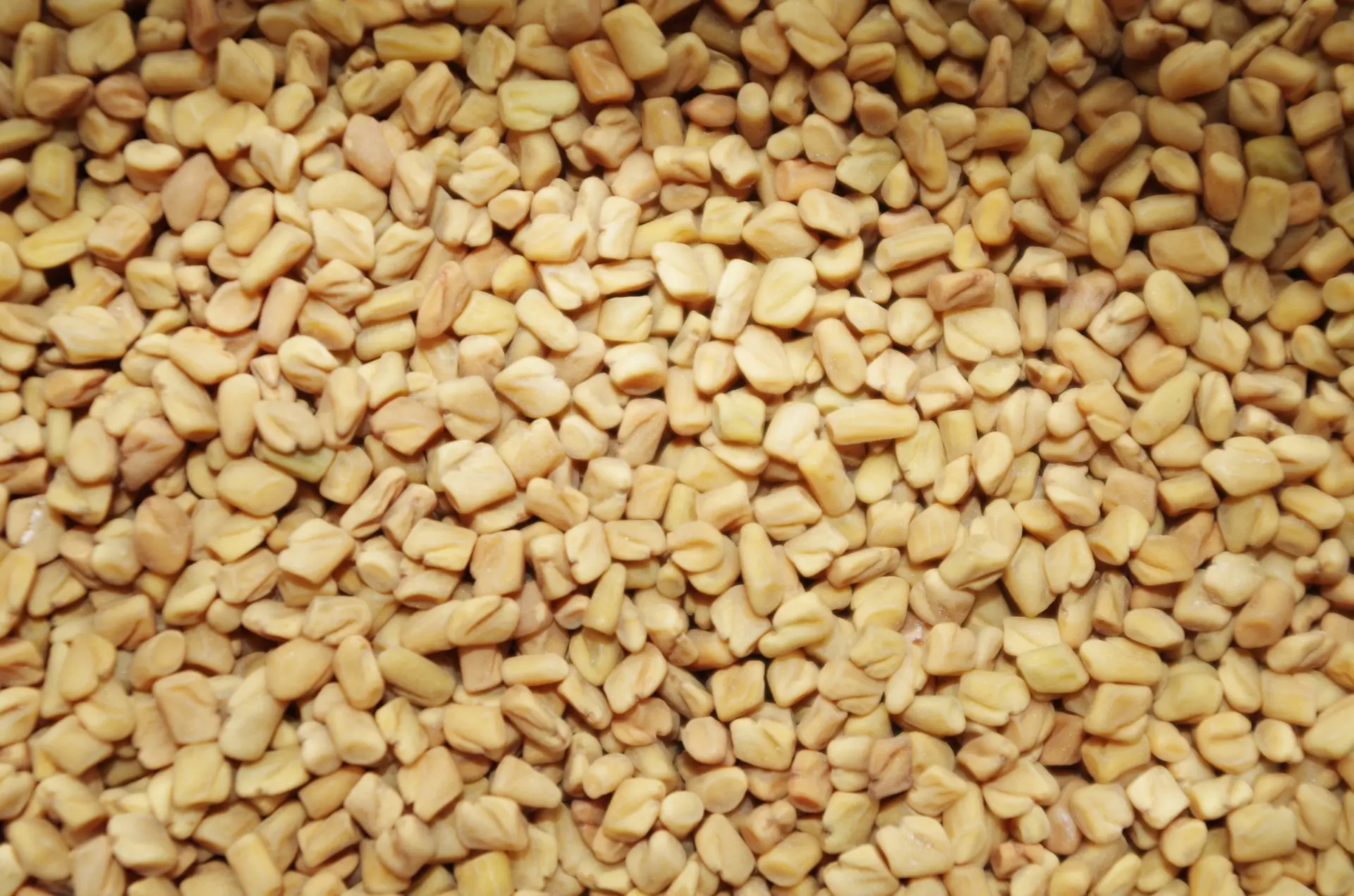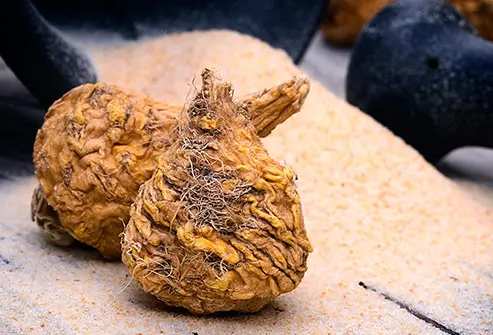
Male menopause, also known as andropause, involves a gradual decline in testosterone levels and a range of physical and emotional symptoms.
What is Male Menopause?
Male menopause, commonly referred to as andropause, encompasses a series of physiological changes that occur in men as they age, particularly concerning hormone levels. Unlike female menopause, which is characterized by a distinct and abrupt cessation of reproductive hormone production, male menopause is a more gradual transition. This phenomenon is primarily linked to the decline in testosterone levels, which can start as early as the mid-30s and continue throughout the rest of a man’s life.
The aging process triggers a slow but steady decrease in testosterone, the primary male sex hormone. While women experience a sharp and pronounced drop in hormones, resulting in the cessation of menstruation and onset of various symptoms, men tend to experience a more subtle decline in hormone levels. This gradual reduction contributes to the myriad of symptoms associated with male menopause, which can vary widely in their intensity and manifestation.
Common symptoms of male menopause include fatigue, which may be accompanied by a decreased interest in physical activities. Mood swings can also be prevalent, with many men reporting increased irritability and difficulty concentrating. Another significant change is the decline in libido or sexual desire, which can impact personal relationships and overall quality of life. Additional physical changes such as increased body fat, decreased muscle mass and changes in sleep patterns may also present themselves during this transitional phase in a man’s life.
It is essential to understand that not all men will experience these symptoms and the severity can differ significantly among individuals. As awareness of male menopause continues to grow, so too does the importance of recognizing its effects on emotional, physical and sexual health, allowing for a more holistic approach to aging in men.
Symptoms And Effects Of Male Menopause
Along with physical symptoms, many men may experience psychological effects during this transitional phase. Mood swings, increased irritability and heightened anxiety can emerge, contributing to emotional instability. In some cases, depression can manifest, leading to a sense of hopelessness or helplessness. These mental health challenges can severely affect interpersonal relationships, causing rifts between partners and family members. As men navigate this stage of life, they may struggle with feelings of inadequacy, questioning their self-worth and identity in the context of societal expectations.
Furthermore, the psychological ramifications of male menopause can lead to a diminished outlook on life. The perception of aging, coupled with the physical and emotional changes occurring, often evokes a fear of loss—be it loss of vitality, strength or the ability to relate to younger counterparts. Such feelings may prompt avoidance behavior, wherein men withdraw from social circles that exacerbate their feelings of self-doubt. Understanding these multifaceted symptoms is crucial, as they not only affect the individual but also their relationships and overall well-being during this significant life phase.
Are Herbal Remedies Effective For Male Menopause?
In recent years, the conversation around male menopause has led to increased exploration of various management strategies, including herbal remedies. Numerous herbs have been utilized for centuries in traditional medicine to support hormonal balance and alleviate symptoms associated with male menopause. Notably, ginseng, fenugreek and puncture vine are common examples that have attracted attention for their potential benefits.
Herbs That Assist Men’s Health

Ginseng (Panax ginseng) is known for its adaptogenic properties, helping the body cope with stress and potentially improving energy levels. Some studies suggest that ginseng may also promote testosterone production, though results can vary greatly among individuals. The presence of ginsenosides in ginseng is thought to contribute to these effects, making it a popular choice among men experiencing fatigue or diminished vitality during this transitional phase of life.
Fenugreek (Trigonella foenum-graecum) has been traditionally linked to an increase in libido and may play a role in boosting testosterone levels. Recent research supports this notion, with some studies indicating that fenugreek supplementation can enhance both sexual function and overall well-being in men.
Puncture vine (Tribulus terrestris) is another herb often widely used to increase the physical and sexual performance of men. It’s been found to increase testosterone levels, improve sperm count/quality and athletic performance, along with reducing inflammation levels. Puncture vine helps promote a healthy urinary tract, aids in fertility, enhances libido and promotes better erections. This study confirms the herbs effectiveness.
Maca (Lepidium meyenii) a popular aphrodisiac and sexual endurance enhancer, this herb has been consistently proven to produce a significant erectile response in men in research studies. Maca is also known for improving sperm quality.

Ashwagandha (Withania somnifera) has been proven to be effective for improving sperm count, sperm motility and the quality of semen. It’s also believed to enhance testosterone levels, which contribute to an increased libido as well as helping to fuel muscle growth and endurance.
Lifestyle Changes And Treatment Options
Men experiencing male menopause often encounter a range of emotional and physical symptoms that can significantly impact their quality of life. Addressing these symptoms through lifestyle changes is a vital step toward improving overall well-being. A balanced diet rich in essential nutrients plays a critical role in managing symptoms. Incorporating foods high in omega-3 fatty acids, such as fish, as well as fruits, vegetables and whole grains can help regulate hormonal fluctuations and enhance mood stability.
Regular physical exercise is another important factor. Engaging in activities such as aerobic exercises, strength training and yoga not only boosts physical health but also influences mental well-being. Exercise has been shown to release endorphins, which can alleviate feelings of depression or anxiety that often accompany male menopause. Moreover, maintaining a healthy weight can further contribute to hormonal balance.
Sleep hygiene cannot be overlooked, as quality sleep is essential for hormonal regulation and overall health. Establishing a consistent sleep schedule, creating a comfortable sleep environment, and practicing relaxation techniques before bedtime can improve sleep quality and reduce symptoms of fatigue and irritability.
Furthermore, mental health practices such as mindfulness, meditation and therapy can provide significant relief from emotional symptoms. These practices encourage emotional resilience and promote a sense of calm amid life’s challenges.
In terms of treatment options, men experiencing male menopause can consider conventional methods like hormone therapy. While such treatment can effectively alleviate symptoms, it is essential to weigh the potential risks, such as increased chances of certain health issues, against the benefits. On the other hand, natural remedies, including herbal supplements, may offer an alternative approach with fewer side effects. Herbs like ashwagandha, ginseng and fenugreek have been reported to support hormonal balance and improve mood. Ultimately, men should evaluate these options carefully and consult healthcare professionals to tailor a management plan that suits their unique circumstances.


